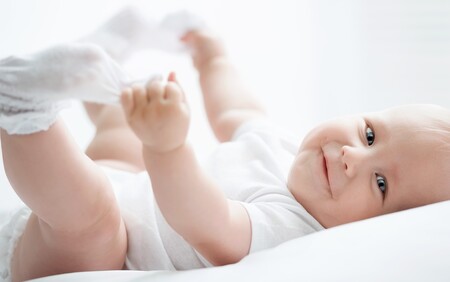Why does fertility decline with age?
by Dr John Kennedy
There is now doubt that starting a family later in life can lead to fertility problems. Financial circumstances, second relationships and a woman’s career are the primary reasons why people choose to delay having a child.
Research shows that:
Women are most fertile between the ages of 20 and 24
At 35 you are half as fertile as when you were 25
At 40 you are half as fertile as when you were 35
How does age affect a fertilisation?
A woman’s ovaries age in the same way that normal aging affects all of her organs and tissues. Most women have about 300,000 eggs in their ovaries a puberty. For each egg that matures and is released or ovulated during the menstrual cycle, at least 500 eggs do not mature and are absorbed by the body.
As a woman ages, the remaining eggs in her ovaries also age, making them less capable of fertilisation and their embryos less capable of implanting.
One third of couples have infertility problems where the woman is over 35. This rises to two thirds, when the woman is over 40. Men’s fertility gradually decreases from the age of 40 but most men can father a child right into their 50’s and beyond.
Other age related problems include:
Miscarriage
The risk of miscarriage also increases with age. Risk of miscarriage at age 25-29 is 10% while the risk at age 40-44 is about 34%.
Genetic abnormalities
There is also a higher risk of congenital abnormality in babies for women who conceive later in life. The risk of chromosomal abnormality in a woman age 20 years is one in 500 while the risk in a woman age 45 is one in 20.
Gynaecological problems
Gynaecological problems such as pelvic infection, tubal damage, endometriosis and fibroids also tend to increase with age. Sexual function may also decrease with age due to reduced libido and less frequent intercourse.

